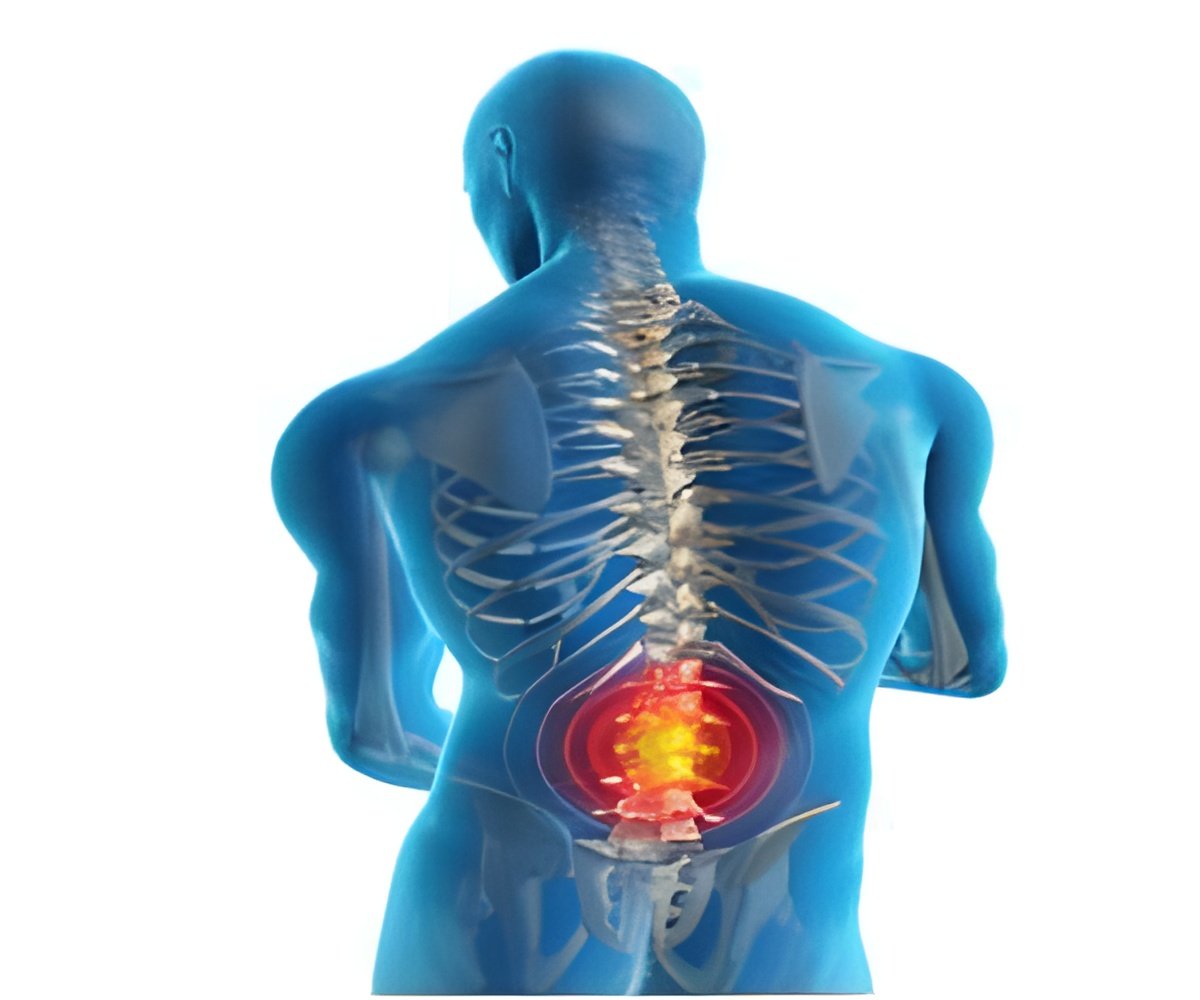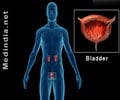A new road-block in the pain pathway has been discovered by scientists.

To gain a better understanding of how LTP works in the context of pain signaling, the team led by Rohini Kuner (Heidelberg University, Germany) and Ceng Luo (Fourth Military Medical University, China) took advantage of biochemical, genetic, physiological, and behavioral tools available in mice. They studied how LTP works at the synaptic connection between peripheral pain sensors and spinal cord neurons. They found that presynaptic events that unfold in the spinal endings of pain-sensing nerves are required for this pain amplification.
"Our results indicate that an enzyme termed cGMP-activated Kinase 1 (PKG-I) is a key player in this important process", says Ceng Luo. By removing PKG-1 specifically from the presynaptic neurons in this pathway, their group found that not only was LTP abolished, but that pain-related memory and behavior were also altered. Can these basic biological findings be put to use? Chronic pain is a major cause of poor quality of life worldwide; recent demographic studies indicate that one in every six people in Europe suffers from chronic pain.
"Our observation that genetically silencing PKG-I, or blocking its activation, in pain-sensing nerves markedly reduced chronic inflammatory pain paves the way for potential new therapeutic approaches,'' says Rohini Kuner.
Source-Eurekalert









